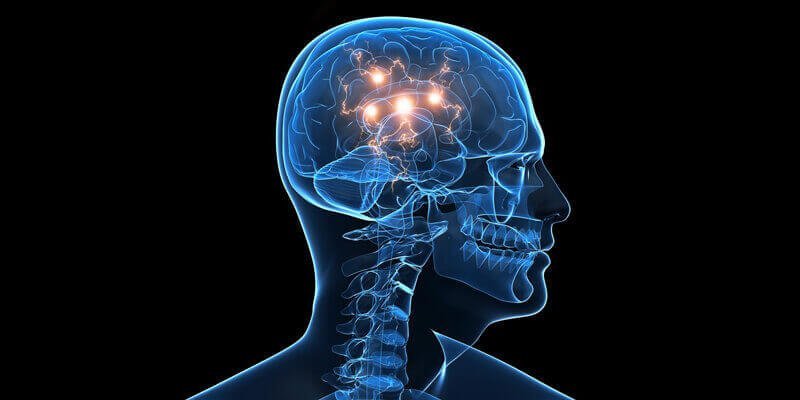
How does sugar affect our mood?
Have you noticed that when we spy sugar-based foods such as ice cream, cake, chocolate and sweets that our mouths begin to produce saliva in anticipation of eating it?
Have you heard people refer to themselves as “emotional eaters” - where they eat to lift their mood? Do you suffer from a mid-afternoon slump that results in you reaching for a pick-me-up snack?
Have you ever been “hangry” where you become snappy when feeling very hungry? Clearly our mood is impacted by food, hunger and satiety.
When you first eat sugar, the sweet taste receptors on your tongue send a signal to the brain which activates the brain’s reward system.
This reward system is a complex network of electrical and chemical pathways across the brain which is activated by substances such as sugar, recreational drugs, alcohol and, also by sex.
Consumption of sugar releases mood-boosting neurotransmitters such as dopamine and serotonin resulting in a feeling of enhanced well-being. This response motivates us to consume more sugar.
Interestingly, with repeated consumption of same/similar meals e.g. having a cheese sandwich for lunch every day, the brain’s reward system becomes less activated which is why you may become bored with repetitive meals (“not that again Mum”).
However this “boredom” does not always apply to sugar - repeated consumption of sugars keeps on activating the reward system and over-consumption may result in the reward system becoming over-activated leading to a loss of control and cravings.
Moving on from the taste receptors in the mouth, when sugar reaches the intestine it is absorbed and causes blood sugar to rise. The pancreas releases insulin which brings the blood sugar back down
It may take 1-2 hours for the blood sugar to fall and as it drops, especially if it falls rapidly, a number of effects such as slight fatigue, difficulty concentrating and irritation may occur because less glucose is available to the brain for its functioning. The brain will seek to address low blood sugar by triggering hunger which is why you feel compelled to eat that sugary mid-afternoon snack. Further, the adrenal glands release adrenalin and cortisone which contributes to that “hangry” feeling.
How can we avoid our mood being disturbed?
Of course we need to nourish our bodies with real food; not eating when you are hungry makes nobody happy. Limiting foods sweetened with sugar to an occasional basis avoids over-activation of the brain’s reward system.
People who have cut most sugar from their diet (understanding that even vegetables have a small amount of fructose so a zero-sugar diet is not possible if you eat plant-based foods) report that they can easily refrain from sugar-laden foods and no longer experience cravings for sugar.
Consuming meals that are lower in carbohydrate, higher in protein and healthy fat results in a flatter blood sugar curve avoiding the roller-coaster blood sugar ride and its
Choosing eggs on a slice of low carb, high protein toast is likely to sustain you all the way to


